Publications
Articles, publications, books, tools and multimedia features from the U.S. Institute of Peace provide the latest news, analysis, research findings, practitioner guides and reports, all related to the conflict zones and issues that are at the center of the Institute’s work to prevent and reduce violent conflict.

The United States Weighs Its Options in the Face of Iran’s Provocations
Three U.S. troops were killed and at least 34 injured in a drone strike on a U.S. base in northeast Jordan on January 28. The attack comes against a backdrop of rising regional tensions since the outbreak of conflict in Gaza following the October 7 Hamas terrorist attack on Israel.
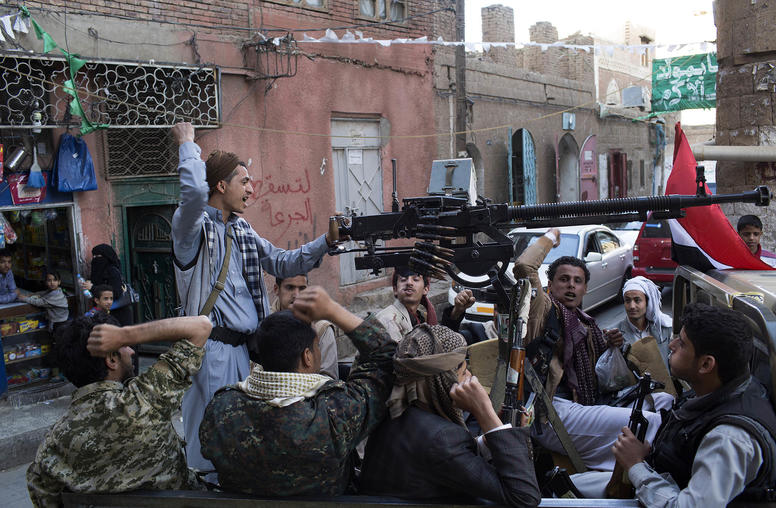
A Slippery Slope? U.S., U.K. Launch Strikes on Iran-Backed Houthis in Yemen
On January 12, the United States and the United Kingdom, supported by Australia, Bahrain, Canada and the Netherlands, launched military strikes against Houthi targets in Yemen in response to the group’s attacks on civilian and military ships in the Red Sea. The U.S.-led strikes are a significant escalation and part of the growing regional impact of the Israel-Hamas war, which the United States has been actively trying to prevent from turning into a regional war.

Climate Adaption Key to Iraq’s Stability and Economic Development
Iraq is projected to be among the five countries hardest hit by the impact of climate change. The country is already witnessing depreciating water supply and accelerating desertification, leading to the loss of as much as 60,000 acres of arable land each year, according to Iraqi government and United Nations sources. These climate phenomena threaten the livelihoods and food security of Iraq’s population of an estimated 43 million, creating conditions for displacement, instability and a deterioration of social cohesion. The water crisis has grown steadily amid severe drought, upstream damming practices in Turkey and Iran, and increased domestic consumption within Iraq’s borders.
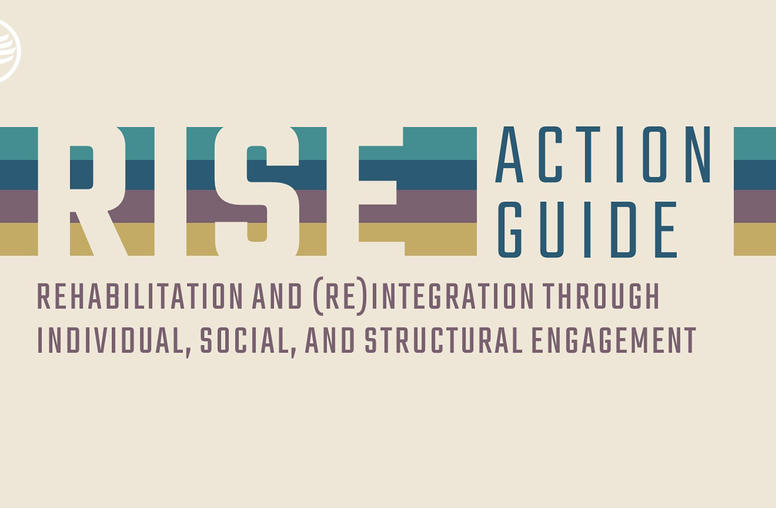
RISE Action Guide
The Rehabilitation and (Re)integration through Individual, Social, and Structural Engagement (RISE) Action Guide provides a framework for local communities and stakeholders, governments, funders, and implementors to support the disengagement of people from extremist violence and their (re)integration into, and reconciliation with, local communities. RISE adopts a peacebuilding approach informed by public health principles, emphasizing pro-social, social-ecological and community-centered interventions.
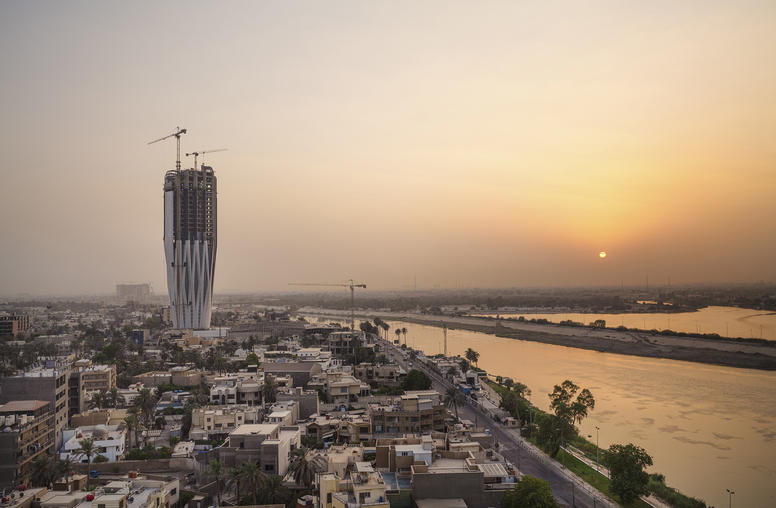
Iraq’s al-Sudani Government, One Year Later
Last week marked one year since Iraq’s Prime Minister Mohammed Shia al-Sudani assumed office. His ascension to the role came after a year of deep political tensions, several alarming but contained episodes of violence, and no annual government budget. A political agreement among the Shia coalition known as the Coordination Framework and major Kurdish and Sunni Arab parties set the stage for the al-Sudani government to form — meanwhile, the biggest winner in the 2021 parliamentary elections, cleric and political leader Moqtada al-Sadr, decided to withdraw from the political process altogether.
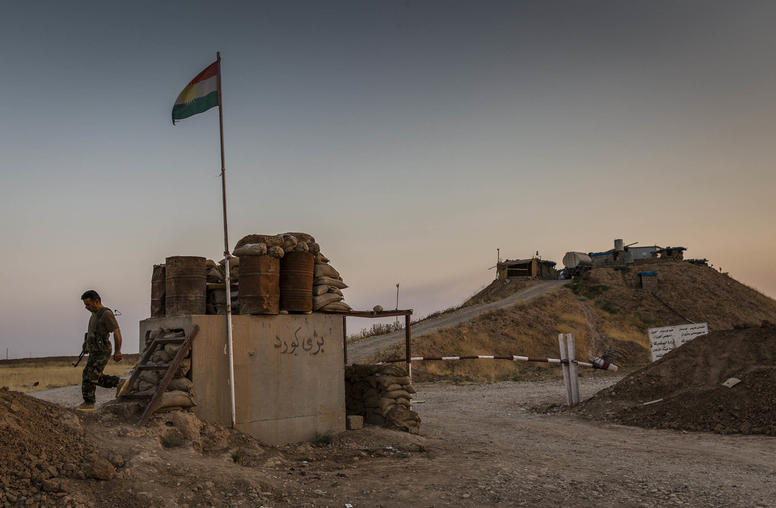
Kurdish Official Lists ISIS and Climate Change as Top Threats
More than five years since the Iraqi government declared victory over ISIS, a senior Kurdish official says the terrorist group is among the top threats facing the region. Alongside ISIS, Rebar Ahmed, minister of interior in the Kurdistan Regional Government (KRG), listed climate change and the resource scarcities and migration it would trigger as a critical challenge.
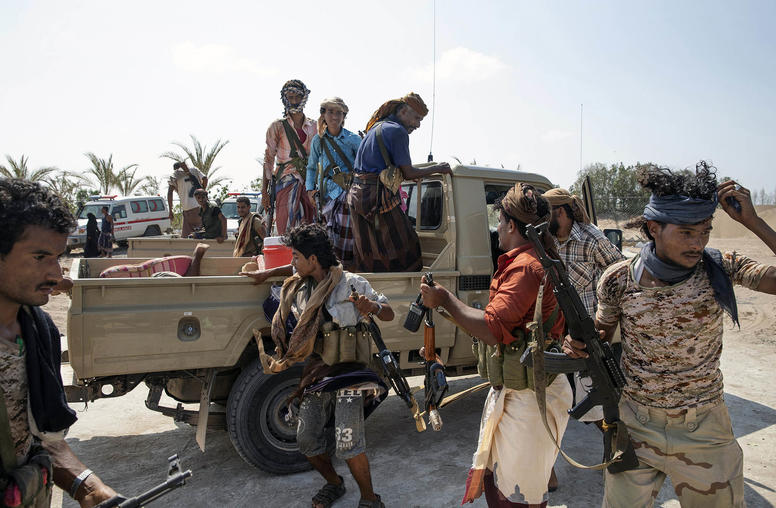
What You Need to Know About China’s Saudi-Iran Deal
Iran and Saudi Arabia announced last Friday a Chinese-brokered deal to restore relations. After decades of enmity and a formal cutting of ties in 2016, the rapprochement has been touted as a momentous development in the region. But how it ultimately impacts the Middle East remains a very open question, as the long adversarial powers are fighting a proxy war in Yemen and continue to support opposing sides across the region. Amid perceived U.S. retrenchment from the Middle East, the deal is a diplomatic win for China as it increasingly seeks to present an alternative vision to the U.S.-led global order.
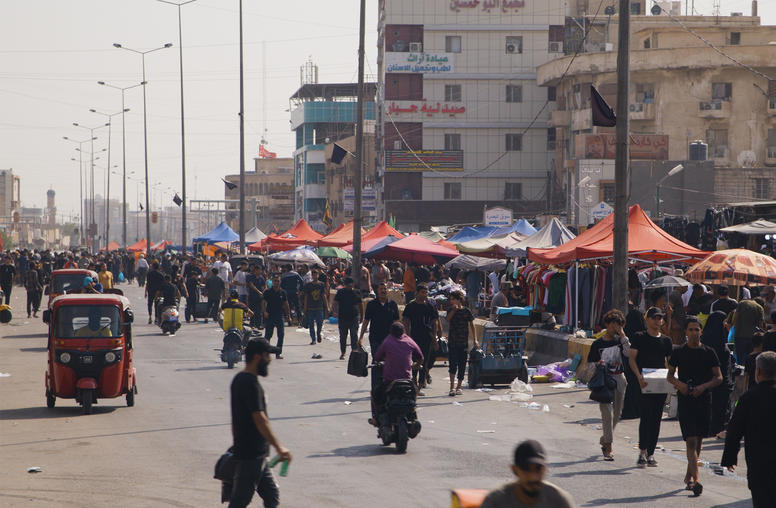
U.S., Iraq Emphasize Economic Cooperation as Core of Strategic Partnership
Sarhang Hamasaeed looks at the key priorities for the U.S.-Iraq partnership, the challenges and opportunities for Iraq’s new government, joint efforts to address the human legacy of ISIS and how Washington can help stabilize Iraq’s economy.
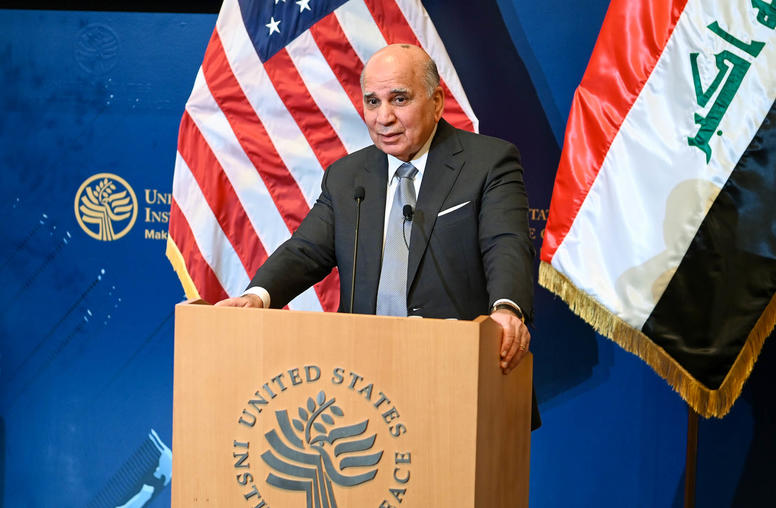
Fighting Corruption Harder than Fighting ISIS, Says Iraq’s Deputy Prime Minister
Iraqi Deputy Prime Minister Fuad Hussein on February 10 laid out the new Iraqi government’s priorities, outlined areas of common interest with the United States and defended his country’s relations with Iran, Russia and China — countries that are all at odds with the United States.
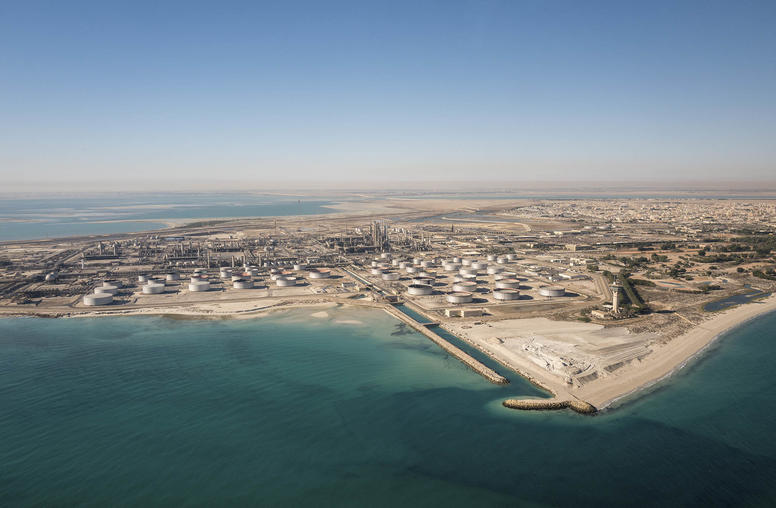
After Xi’s Visit, Are the Saudis Moving on from the United States?
Chinese leader Xi Jinping made a long-rumored trip to Saudi Arabia last week, enhancing ties between his country, the world’s top oil importer, and the leading oil exporting country. Xi and Saudi Crown Prince and Prime Minister Mohammed Bin Salman (MBS) inked a number of deals on oil, technology, infrastructure and security, and also made an agreement to avoid interference in each other’s domestic affairs. Xi also met with leaders from the Gulf Cooperation Council (GCC) and a broader group of Arab leaders. The China-Saudi summit comes amid frosty U.S.-Saudi ties and a perception among Arab leaders that Washington is pulling back from its traditional role in the Middle East, leading to some speculation of a larger geopolitical shift in the region amid the intensifying U.S-China rivalry.